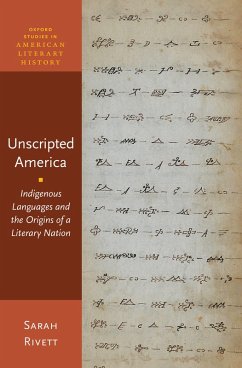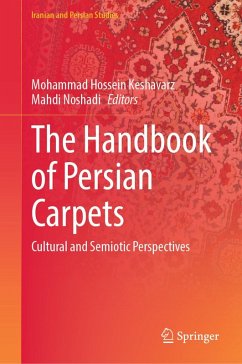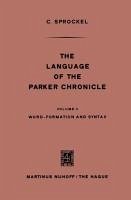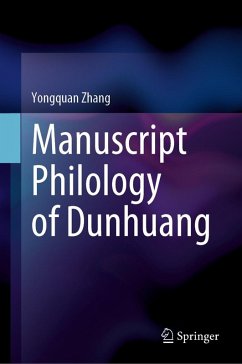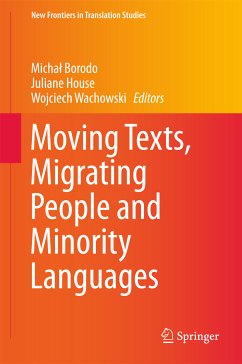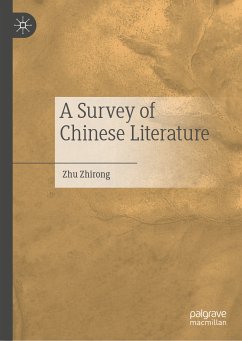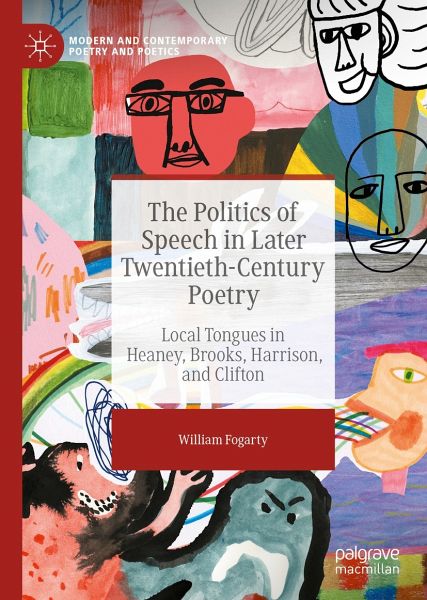
The Politics of Speech in Later Twentieth-Century Poetry (eBook, PDF)
Local Tongues in Heaney, Brooks, Harrison, and Clifton
Versandkostenfrei!
Sofort per Download lieferbar
96,95 €
inkl. MwSt.
Weitere Ausgaben:

PAYBACK Punkte
48 °P sammeln!
The Politics of Speech in Later Twentieth-Century Poetry: Local Tongues in Heaney, Brooks, Harrison, and Clifton argues that local speech became a central facet of English-language poetry in the second half of the twentieth century. It is based on a key observation about four major poets from both sides of the Atlantic: Seamus Heaney, Gwendolyn Brooks, Tony Harrison, and Lucille Clifton all respond to societal crises by arranging, reproducing, and reconceiving their particular versions of local speech in poetic form. The book's overarching claim is that "local tongues" in poetry have the capac...
The Politics of Speech in Later Twentieth-Century Poetry: Local Tongues in Heaney, Brooks, Harrison, and Clifton argues that local speech became a central facet of English-language poetry in the second half of the twentieth century. It is based on a key observation about four major poets from both sides of the Atlantic: Seamus Heaney, Gwendolyn Brooks, Tony Harrison, and Lucille Clifton all respond to societal crises by arranging, reproducing, and reconceiving their particular versions of local speech in poetic form. The book's overarching claim is that "local tongues" in poetry have the capacity to bridge aesthetic and sociopolitical realms because nonstandard local speech declares its distinction from the status quo and binds people who have been subordinated by hierarchical social conditions, while harnessing those versions of speech into poetic structures can actively counter the very hierarchies that would degrade those languages. The diverse local tongues of these fourpoets marshaled into the forms of poetry situate them at once in literary tradition, in local contexts, and in prevailing social constructs.
Dieser Download kann aus rechtlichen Gründen nur mit Rechnungsadresse in A, B, BG, CY, CZ, D, DK, EW, E, FIN, F, GR, HR, H, IRL, I, LT, L, LR, M, NL, PL, P, R, S, SLO, SK ausgeliefert werden.





